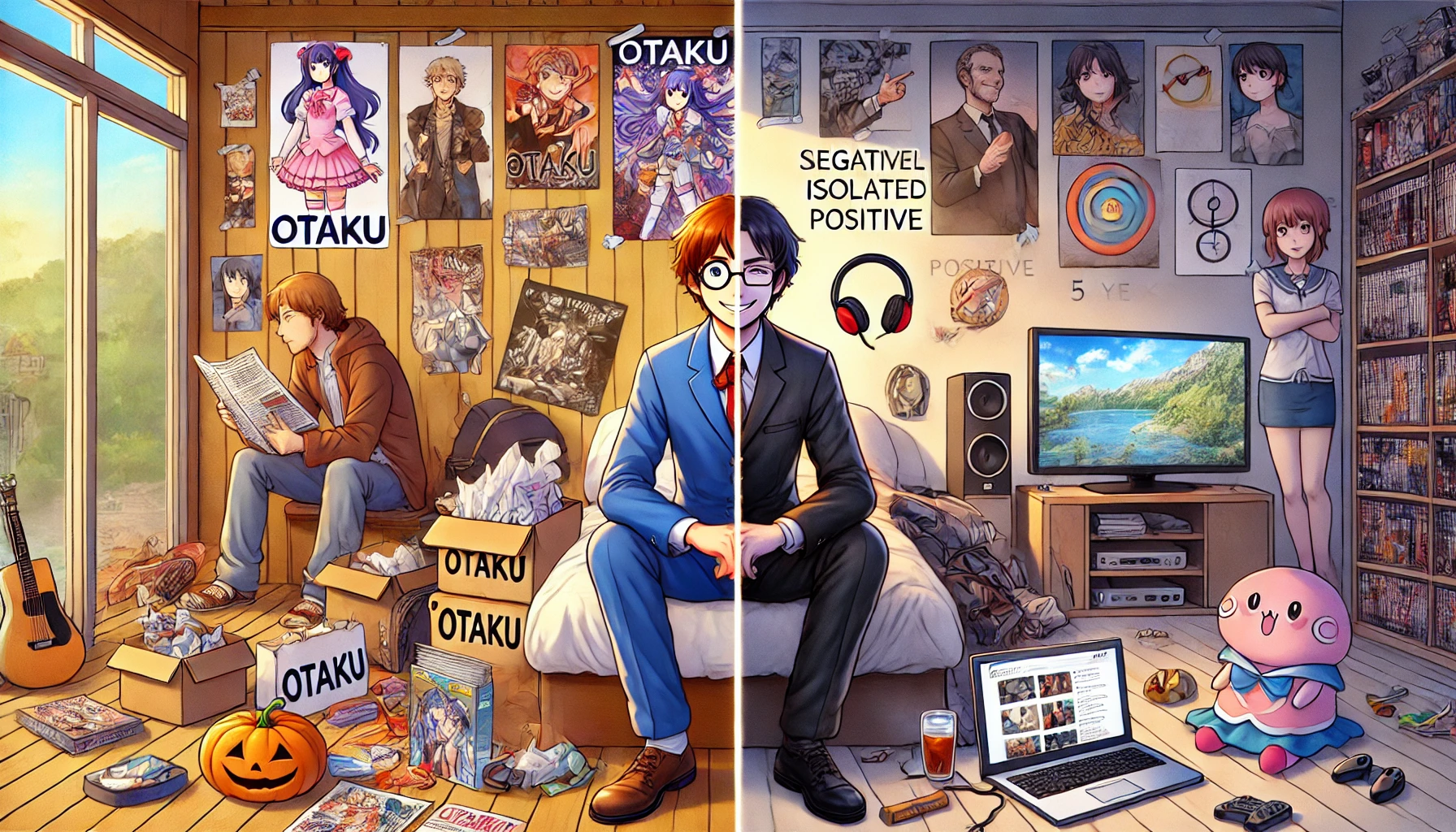The word “nerd” was initially used as a derogatory term to describe someone who was overly immersed in a particular hobby or interest. Over time, it has evolved into a positive term to describe someone who has deep expertise and passion for a particular field, beyond just a passionate fandom.
How nerd became a positive connotation
As recently as five years ago, the word “nerd” had a very negative connotation, describing someone who was strangely obsessed with Japanese manga and anime and had no outward appeal. But today, the word has a different meaning. It has come to mean someone who is very knowledgeable about a subject. Why did the word nerd become negative in the first place, and why has it come to have a positive connotation in recent years?
The dawn of the personal age
In the 2000s, Korea entered the heyday of the personal computer. Every popular comedian on TV at the time had a personal gig, and even actors with a reclusive image often showed one in interviews. The influence of TV mass media was still strong at the time, so personal gig was a trend not only in the entertainment industry but also among ordinary citizens. At that time, an “attractive person” was someone who had at least one personal skill in a social gathering or job interview, and for men, it was like a requirement for meeting a girl. I’m sure many of us remember struggling to come up with a personal statement.
Even after the Great Personalizer Era, the criteria for what constitutes an “attractive person” hasn’t changed much: it’s all about having fun. Although the pivot has shifted from personal computers to variety programs, people with short, sensual charms that can provoke laughter anywhere are popular.
The chaos of the Spring and Autumn Warring States Period and the rise of Odukhu
The era of terrestrial broadcasting gave way to the deregulation of broadcasting laws and the emergence of cable channels. In the midst of fierce competition, each broadcaster produced stimulating content to capture the public’s attention, and in the chaos of the birth and disappearance of various programs, a program with the provocative title of “Oh Duk Hoo + Oh Duk Hoo = Sip Duk Hoo” emerged. It was the program that brought the word “oddball” into the public consciousness.
At the time, I was shocked to see it. In the minds of “non-geeks,” geeks were passive people who quietly enjoyed their favorite things alone or in groups of like-minded geeks. However, the main character of the show made his presence known to the world, enjoying amusement park dates and wedding photo shoots with pillows with cartoon characters on them. He was also shown as a sincere geek who funded all of his financial needs with a part-time job at a convenience store for five years.
The cable channel’s ratings weren’t high at the time, but the impact was huge. Odukhu appeared on the top of major search engines, and the content of the broadcast and new information were reproduced and spread among Internet users. However, without the “fun shared by many people” element of the era of the personal computer, Odukhu became an object of ridicule like a “foolish bear” who missed the mainstream culture and went into his own cave.

Changes in the meaning of Odeokhu
The meaning of otaku has also changed over the years. It has expanded from being limited to Japanese manga and anime to various fields, and its meaning has changed from a ‘negative feeling’ to a general and friendly meaning. A “bird nerd” who is a bird doctor on TV, a “gem nerd” who rises to the top of the world, and a “science and technology nerd” who makes smart trash cans all give nerds a positive image and express admiration and respect.
These changes in the meaning of oddballs reflect the pain of South Korea’s transition from a period of affluent growth where people thought mainstream was everything. As the country entered a period of low growth, young people became obsessed with accumulating a resume, and preparing a personal style that makes others smile was seen as a luxury. In a society where it is difficult to build yourself up, you lose the confidence to protect your own happiness.
It is a world where a nerd who was obsessed with his own happiness without knowing how the world works has become a great being who firmly protects his happiness even in an unstable future. Many of his friends who are obsessed with specifications say that he is ‘brave’.